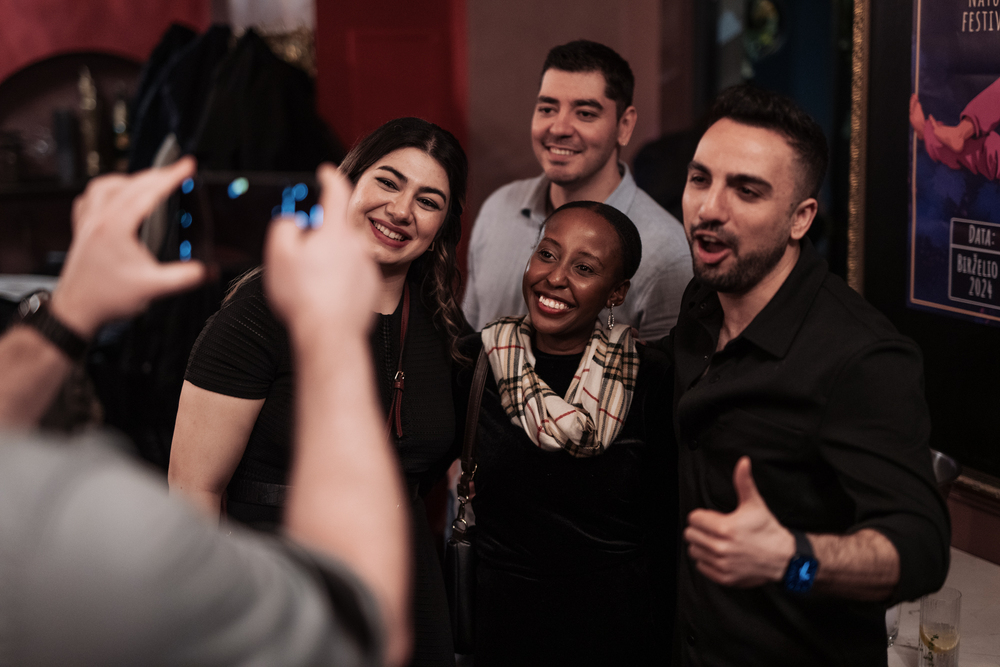

The economy of love: Are dating apps doomed?
The ease of choice offered by dating apps reduces the chances of meeting someone who you really click with in real life. The dating app industry, despite criticism from psychologists, generates billions of US dollars a year. This ‘love economy’ has changed our lives beyond recognition. However, almost half of consumers say they feel frustrated when using such apps, and members of the so-called ‘Generation Z’ are increasingly turning to live communication in search of their other half.
What does the future hold for the dating app industry? The original article, written by our co-founder Jūratė Plungytė — here
The internet has changed the way we date, and psychologists believe it is not for the better. The abundance of choice in terms of partners and spending time corresponding with people without any idea of who they really pose mental health risks. The ease of choice, or the illusion of choice offered by dating apps, reduces the chances of meeting someone who you really click with in real life.
This is confirmed by a Pew Research Center study in 2020, which found that 45 percent of people were disappointed when using apps, and 60 percent of young girls and women said they had received intrusive messages even after expressing disinterest in a candidate. In addition, more than half of people received unwanted photos of a sexual nature, and the same proportion said they thought apps were an unsafe way to meet.

While the use of apps was not declining before COVID-19, recent studies show that interest is waning. So-called millennials, those born between 1996 and 1981, have grown extremely tired of online dating, even though for this generation finding a mate used to be a natural process.
Younger Generation Z (27 years and younger) are even less likely to use Tinder, Hinge, Bumble, and other apps, preferring to meet their other half through mutual acquaintances.
Surprisingly, it is this generation of young people, who spend over 8 hours in front of their phone screens, that miss live interaction the most. We might consider that the younger generation is more aware, having matured in a time of climate activists and quarantines that have forced them to turn inwards, but they are not the only ones who are choosing alternatives.
The 2024 D.A.T.E. (Data, Advice, Trends, and Expertise) report shows that many members of Generation Z rank fear of rejection and feeling uncomfortable among their top concerns when using instant dating apps. Millennial daters may have more experience of rejection, but this does not mean that they are comfortable with this scenario.
Read the full article, written by our co-founder Jūratė Plungytė on e27.co
© Articles are available for media/public use though, if you use an entire or part article, please include a link to our site.
